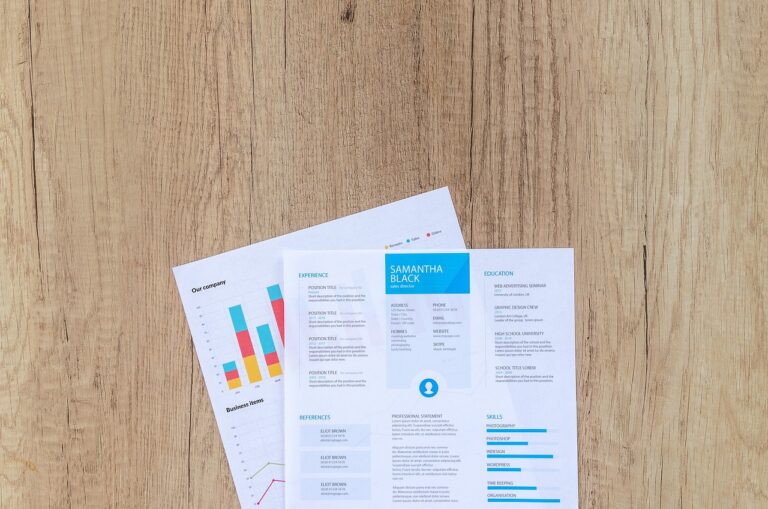Implementing Personalized Learning Strategies
Personalized learning strategies have gained immense popularity in the field of education due to their ability to cater to individual student needs and maximize learning outcomes. By tailoring teaching methods, content, pace, and assessment to accommodate diverse learning styles, preferences, and interests, personalized learning ensures that students engage more deeply with the material and retain information more effectively.
The Benefits of Personalized Learning
There are numerous benefits to implementing personalized learning strategies in educational settings. Some of the key advantages include:
- Increased student engagement and motivation
- Improved academic performance
- Enhanced critical thinking and problem-solving skills
- Greater autonomy and ownership of learning
- More meaningful and relevant learning experiences
Key Components of Personalized Learning
Personalized learning involves a variety of components that work together to create a customized learning experience for each student. Some of the key components include:
- Individualized learning paths
- Flexible pacing and progression
- Targeted feedback and assessment
- Technology integration
- Collaborative learning opportunities
Implementing personalized learning strategies requires careful planning, collaboration, and ongoing assessment. Some key steps to consider include:
- Identifying student needs and learning styles
- Setting clear learning objectives and goals
- Utilizing technology and resources effectively
- Providing ongoing support and feedback
- Encouraging student reflection and self-assessment
Assessing the Impact of Personalized Learning
It is essential to assess the impact of personalized learning strategies to determine their effectiveness and make any necessary adjustments. Some ways to assess the impact of personalized learning include:
- Collecting student feedback and reflections
- Reviewing academic performance data
- Conducting observations and surveys
- Engaging with parents and caregivers
Challenges and Considerations
While personalized learning strategies offer numerous benefits, they also present challenges that educators must address. Some common challenges include:
- Managing individualized learning paths for a diverse group of students
- Ensuring equity and access to resources for all students
- Balancing technology use with traditional teaching methods
- Providing ongoing professional development for educators
Best Practices for Personalized Learning
There are several best practices that educators can follow to enhance the effectiveness of personalized learning strategies. Some key best practices include:
- Building strong relationships with students
- Creating a supportive and inclusive learning environment
- Offering choice and autonomy in learning activities
- Utilizing data to inform instruction and decision-making
- Encouraging collaboration and peer-to-peer learning
Conclusion
Personalized learning strategies have the potential to transform the educational experience for students, enabling them to engage more deeply with the material and achieve greater academic success. By implementing personalized learning strategies effectively, educators can create a more dynamic and adaptive learning environment that meets the diverse needs of all students.
FAQs
What is personalized learning?
Personalized learning is an educational approach that tailors teaching methods, content, pace, and assessment to accommodate individual student needs, preferences, and interests.
How can personalized learning benefit students?
Personalized learning can benefit students by increasing engagement and motivation, improving academic performance, enhancing critical thinking skills, and providing more meaningful learning experiences.
What are some key components of personalized learning?
Some key components of personalized learning include individualized learning paths, flexible pacing, targeted feedback, technology integration, and collaborative learning opportunities.
How can educators assess the impact of personalized learning?
Educators can assess the impact of personalized learning by collecting student feedback, reviewing academic performance data, conducting observations, and engaging with parents and caregivers.
What are some best practices for implementing personalized learning strategies?
Some best practices for implementing personalized learning strategies include building strong relationships with students, creating a supportive learning environment, offering choice and autonomy, utilizing data to inform instruction, and encouraging collaboration.







